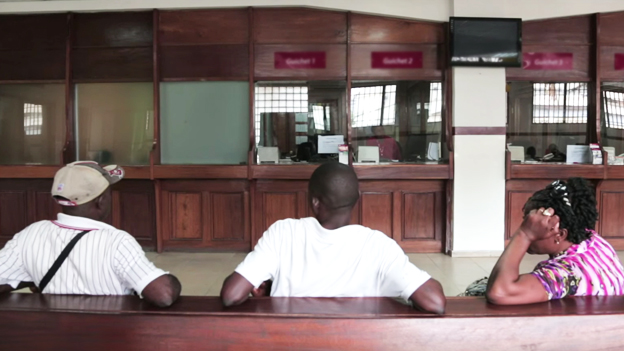At the request of the G20 and the Financial Stability Board (FSB), and with the support of the Committee on Payments and Market Infrastructures (CPMI), the World Bank Group has led fact-finding work on de-risking – the phenomenon of financial institutions terminating or restricting business relationships with clients or categories of clients to avoid, rather than manage, risk.
This analytical work has focused on two areas – restriction or termination of correspondent banking relationships (CBRs) (i.e. the provision of banking services by one bank to another) and account closures of money transfer operators (MTOs). Results of both reports show that de-risking is happening, though it hits specific countries, regions and financial services in varying degrees.
Highlights - Withdrawal from Correspondent Banking
Roughly half the banking authorities and slightly more local/regional banks indicated a decline in CBRs. For large international banks the figures are significantly higher at 75%. The products and services identified as being most affected by the withdrawal of CBRs are:
- check clearing, clearing and settlement
- cash-management services
- international wire transfers
- trade finance
Over 69% of the banking authorities responding to the survey indicated that MTOs and other remittance companies are most impacted, followed by small and medium domestic banks (44%) and small and medium exporters (26%).
The drivers of the decline in foreign CBRs can be divided into two groups: one category of causes that are more business related, explaining the decision to terminate a foreign CBR in purely economic terms, and another category of causes more regulatory and risk related.
Highlights - Report on the G20 Survey on De-risking Activities in the Remittance Market
Data collected indicate that account closures for money transfer operators (MTOs) have become more pronounced over the last few years in some countries, including Australia, Canada, France, Germany, Italy, Mexico, the UK, and the US.
Both MTOs and banks report an increased trend of closed and/or restricted number of accounts between 2010 and 2014. A significant portion of MTOs declared that the MTO principal (28% of the respondents) or its agents (45% of respondents) can no longer access banking services. Of that smaller group of MTO principals without access, 75% are maintaining their presence in the market by using alternative channels to clear and settle the amounts at international level; the other 25% of MTO principal respondents are currently unable to operate regularly through bank channels.
The banks’ responses point to four main drivers for MTO account closure:
- profitability
- pressure from other actors (correspondent bank or law enforcement)
- lack of confidence in the MTOs’ procedures
- reputational risk
Eighty-five percent of the governments that responded stated they believe banks can rely on adequate supervision of the MTO sector to inform their risk-based decisions on opening/maintaining accounts for MTO customers and 88 percent of MTO respondents agreed that their sector was sufficiently supervised. In contrast, only 52% of bank respondents judged that the MTO sector is sufficiently supervised and only 48% of bank respondents felt that they can rely on the supervision of the MTO sector to inform risk-based decisions on opening/maintaining accounts for MTO customers.
Summary Recommendations
There are many reasons for the withdrawal from foreign CBRs and the closure of MTO accounts – including business reasons. The reports calls for policy setters, regulators, and banks to continue monitoring the environment, to clarify regulatory expectations, and to respond to misperceptions that may be resulting in excessively risk-averse behavior. Overall, there is work to be done to address the complementary objectives of promoting financial inclusion and increasing the integrity of the financial system.
